Many factors can make for an unhappy childhood. Your parents may have divorced, perhaps you were in an abusive situation, your family could have been poor, and so much more. Unhappy childhoods can cause havoc even in our adult lives. If your youth was filled with troubling events, here are some traits you may have developed because of them.
1. Needing to always please others
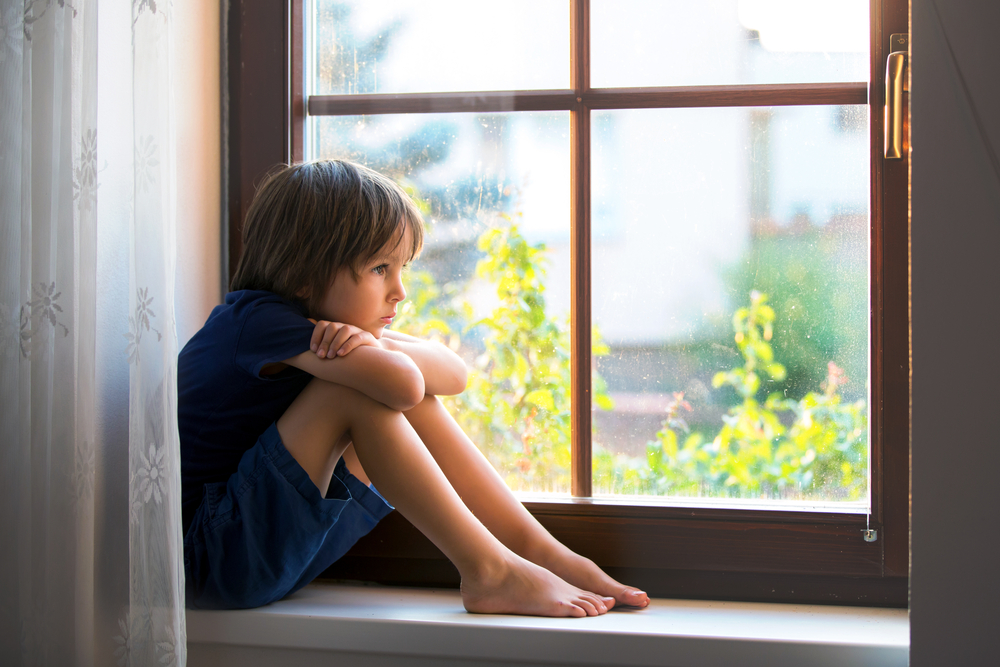
You want to ensure everyone’s happiness before yours. At times, this can be detrimental to your health and well-being. Perhaps it’s because you want to ensure the people in your life know that you care about them, but you need to care about yourself first. As Psychology Today points out, people-pleasing can be incredibly damaging for your self-worth, so make sure you’re looking after you.
2. Getting into relationships with the wrong people
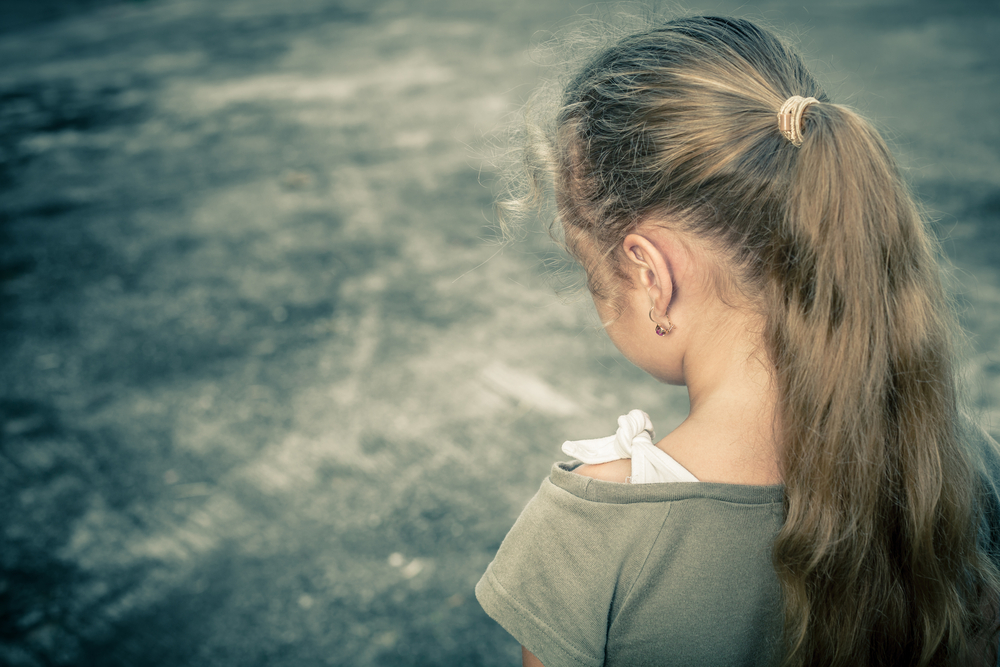
Whether it’s a friendship or a romantic encounter, you’re drawn to people who treat you like you’re used to being treated. If you had a narcissistic parent, you may friend and date narcissists regularly. You often find yourself attracting broken people because that’s how you feel.
3. Struggling with your independence
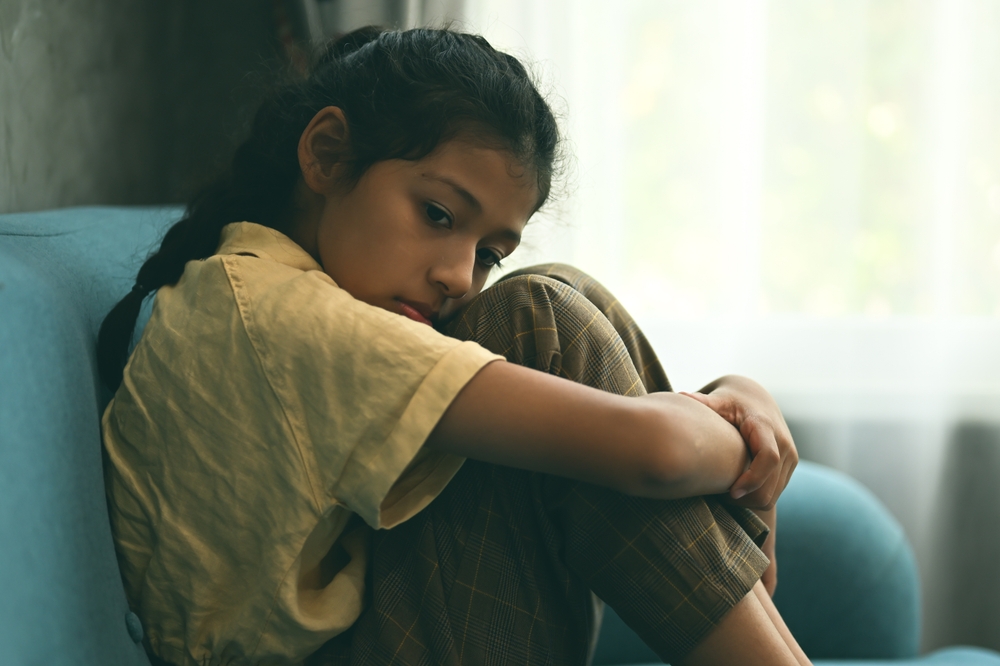
Some people may become codependent because of the way they grew up. If you had strict parents, you may entirely rely on the wants and needs of another person over considering your wants and needs. However, you could also be the type to rebel against the ways you were raised and feel a need to be overly independent.
4. A knack for shutting down
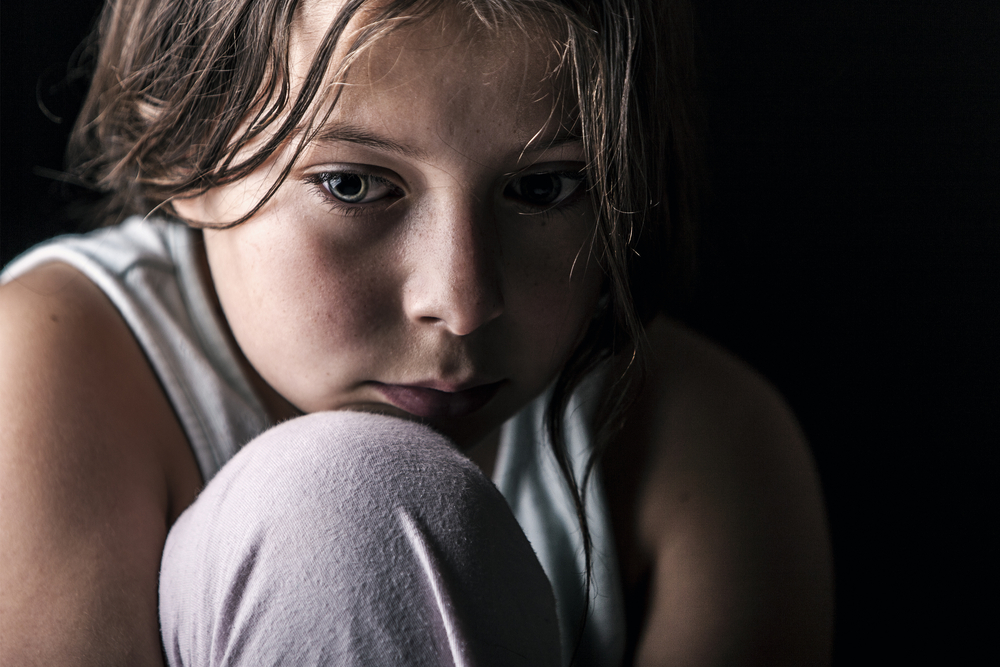
If you spent your childhood being told that children should be seen and not heard, you may find it challenging to be the center of attention, even in one-on-one conversations. This may mean that when it’s time for you to have a serious discussion, you prefer to remain silent and not deal with it. You may also shut down whenever you feel stressed or anxious because you’re not used to having people to share these emotions with but learning to open up to others can be helpful in your recovery.
5. Difficulty trusting anyone
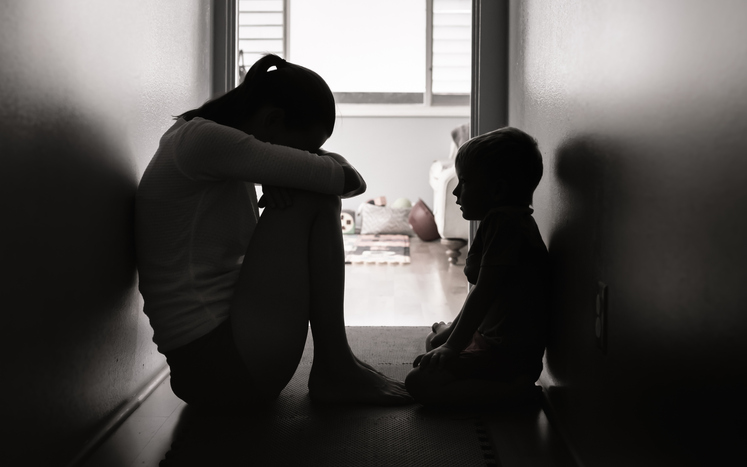
Trusting people may be a challenge depending on what caused your unhappiness in your younger years. If you felt neglected or mistreated by your parents or other caregivers, letting someone into your life and giving them any control may be a scary thought—what if they treat you poorly or take advantage of you? The most important thing to remember is that there are people out there with your best interests in mind, even if there aren’t any.
6. Needing everything to be perfect
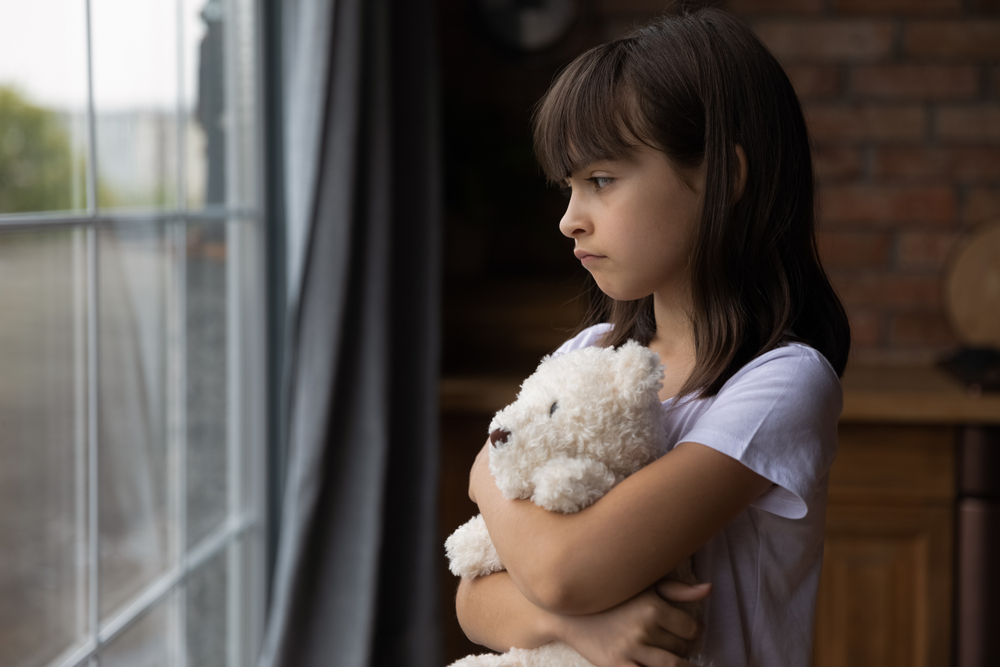
If one or both of your parents pushed you to always be on time, keep your space clean, do well in school, and be perfect at everything, you’ve likely carried that need for perfection into adulthood. There’s also a good chance you punish yourself for perceived mistakes. Nobody’s perfect; remember that.
7. Battling anxiety and depression
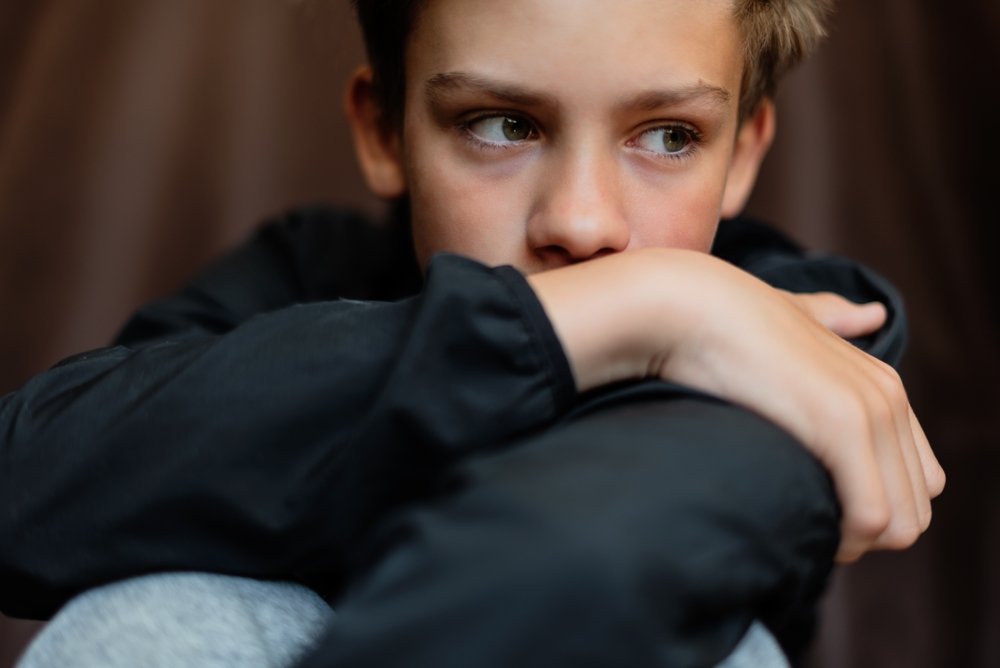
No matter what your unhappy childhood looked like, the events of that time may have stuck with you in the form of anxiety and depression, and possibly Complex PTSD. Therapy and medications are great options to assist with anxiety and depression and their underlying causes. Talk therapy and meditation can aid you in diving into those core memories so you can work through your past experiences and find peace of mind.
8. Emotional dysregulation
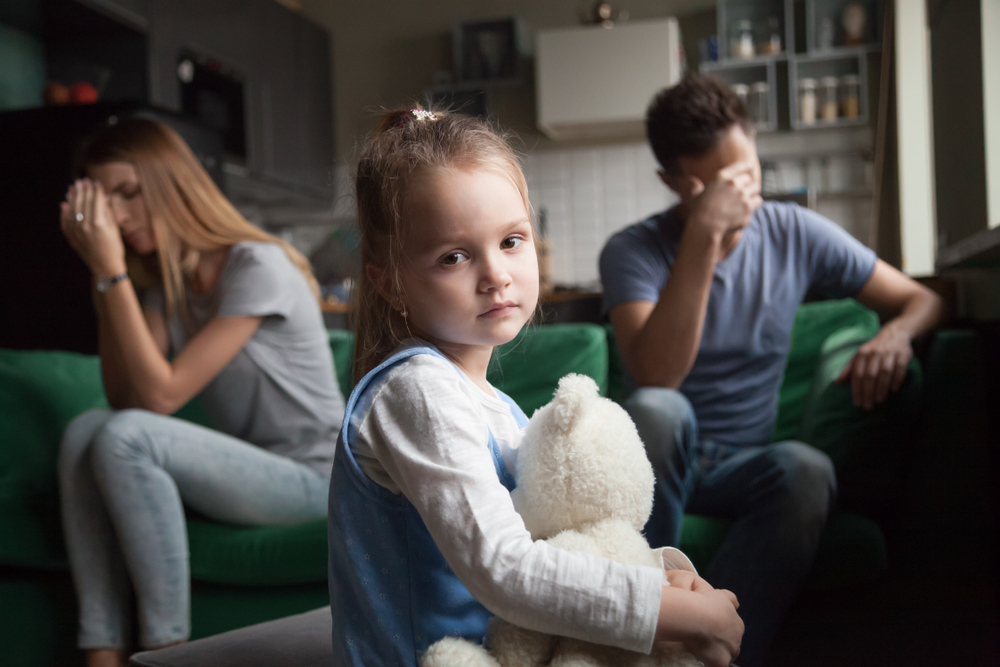
You may come off as emotionally unavailable or lacking emotional intelligence. Shutting down when someone needs to talk to you makes you unavailable to them in more ways than one. If you’re constantly battling mood swings, it’s essential to understand why and learn how to better control them for your sake and the well-being of the other people in your life. You may not have learned emotional intelligence as a child, but it’s not too late.
9. Feeling worthless
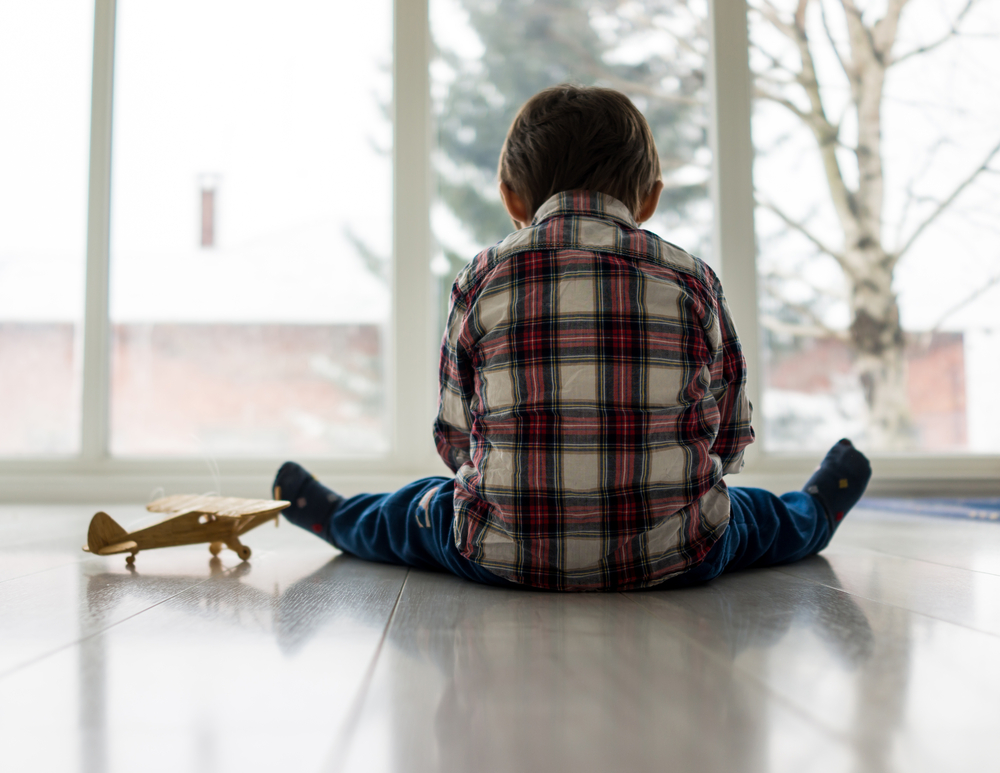
Nobody likes to feel low self-worth, but your unhappy childhood could leave you feeling like a worthless adult. Perhaps your parents didn’t do well teaching you the fundamentals of life, so you have a lot of debt, struggle to make emotional connections, and can’t hold a job. Everyone has these struggles at some point, even if they had a good upbringing. The difference is that you may be wallowing in your feelings of worthlessness rather than trying to better yourself.
10. Anger issues
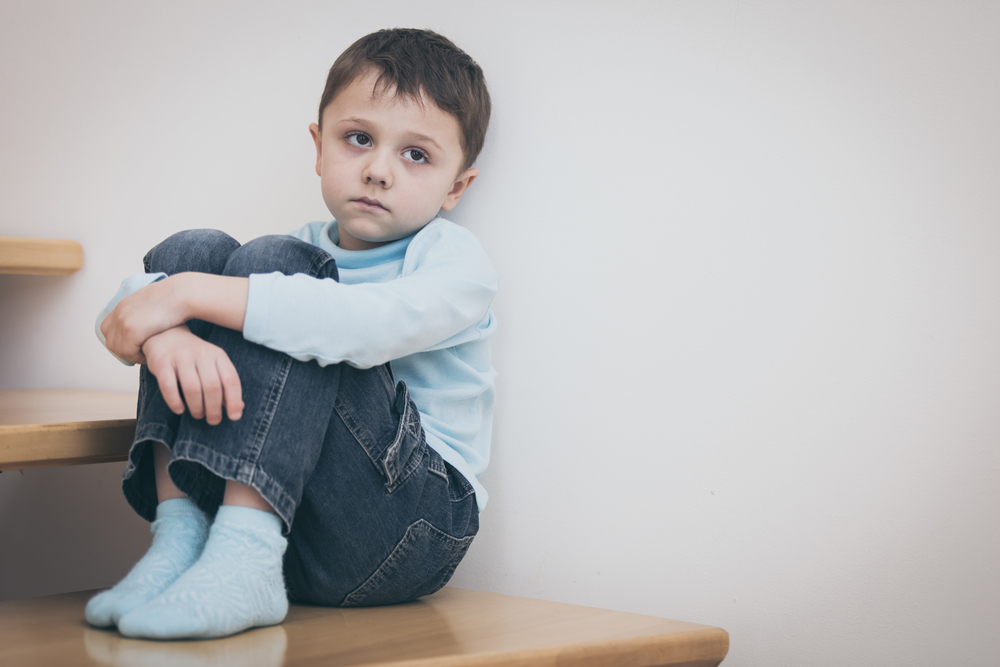
It’s unfair that your childhood wasn’t happy like some people’s were. You’re angry at your parents, at your teachers, at the bullies who picked on you in school. But, the thing is, that stuff is all in the past now. Rather than embracing that anger, it’s time to let go of those hopeless feelings and look at the positive things you have now. Make a plan to increase the joy and positivity in your life so you can let go of the hate and anger.
11. Coming on a bit strong
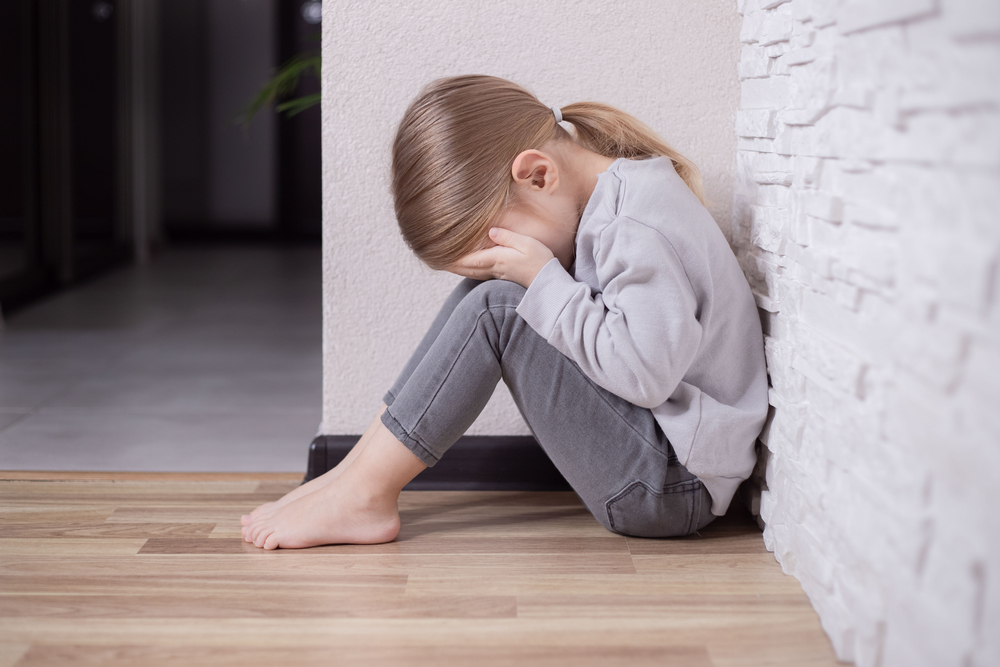
You may be looking for the love and attention you didn’t get as a child, which could cause you to try to force people to love you and want to spend time with you. Step back and think of how you’re coming off when people tell you that you’re trying too hard. The right people won’t need to be pushed to spend time with you.
12. Unwarranted feelings of nervousness

Do you always wonder when something terrible will happen or what people think of you? If you spent your childhood getting yelled at or bullied, it’s no wonder you’re on edge as an adult. Remember, now that you’re all grown up, you don’t have to put up with people who mistreat you!
13. Trouble paying attention
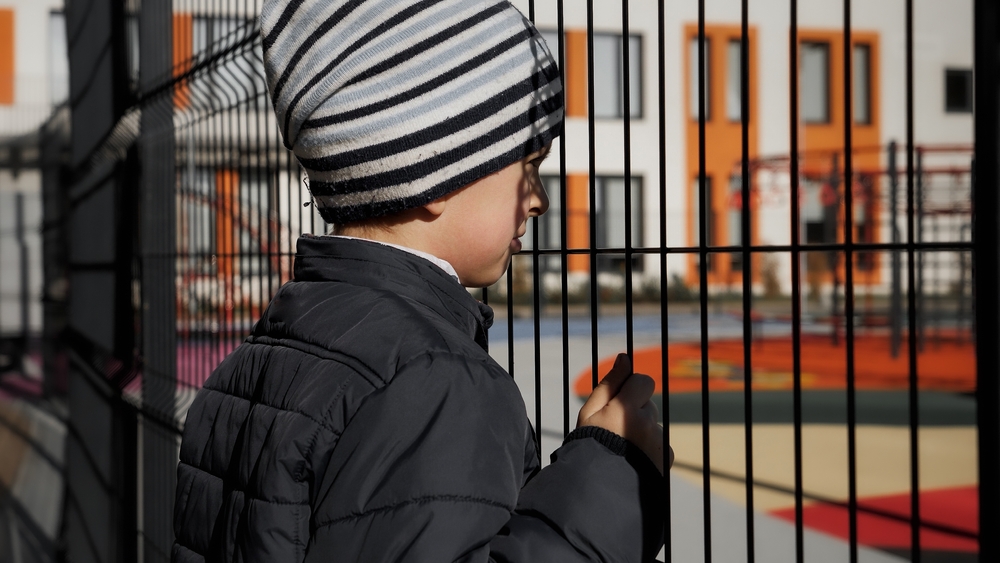
When you were young, you may have had to live on the edge of your seat, waiting for the next punishment for something you did wrong. Now, you spend a lot of time wondering if you will respond correctly or do the right thing. It’s hard to pay attention to the world around you or the conversation you’re in if you’re spending too much time trying to think of a proper reaction or reply.
14. Sleep disturbances
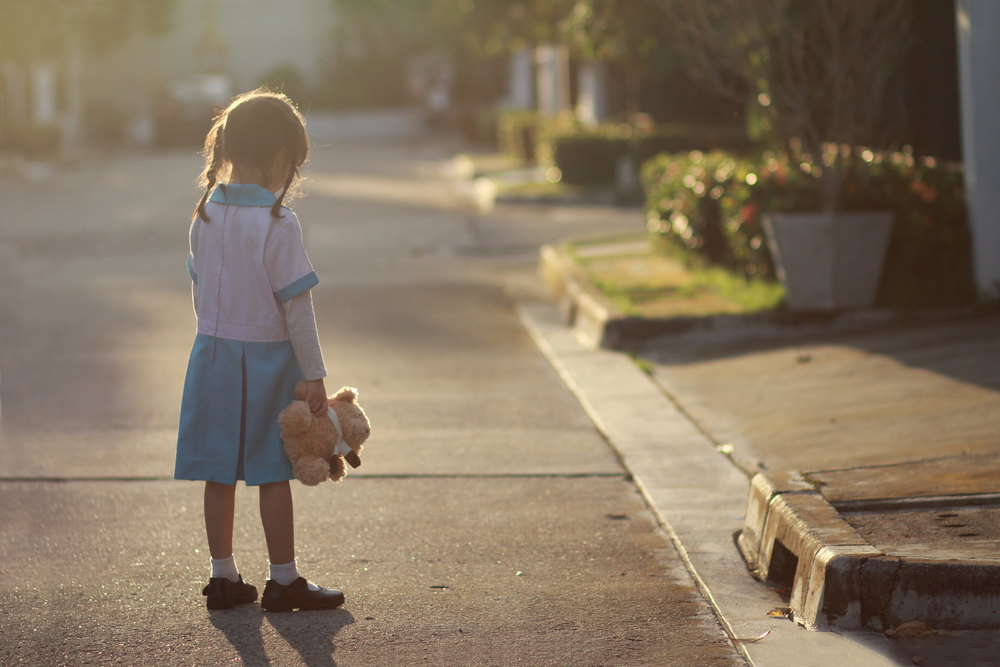
From not being able to shut your mind off when you go to bed at night to being a light sleeper, there are all sorts of sleep disturbances that can get in the way of you getting a good night’s rest. Some of these issues could stem from your childhood, especially if you were woken up a lot by alcoholic or abusive parents. Consider talking to your doctor about sleep tricks and medications to help you rest better.
15. Strange habits

Childhood trauma can cause OCD and more. Perhaps you must always have all the lights on in the house at night, keep the shower curtain open, or have every blind or curtain in your home closed at all times. Whatever happened when you were younger that made you need to double-check the house locks or sleep with your bedroom door securely latched doesn’t have to keep messing with your life — consider talking to your doctor or a therapist for ideas on how to manage your odd habits instead of letting them control you.
Enjoy this piece? Give it a like and follow PsychLove on MSN for more!




